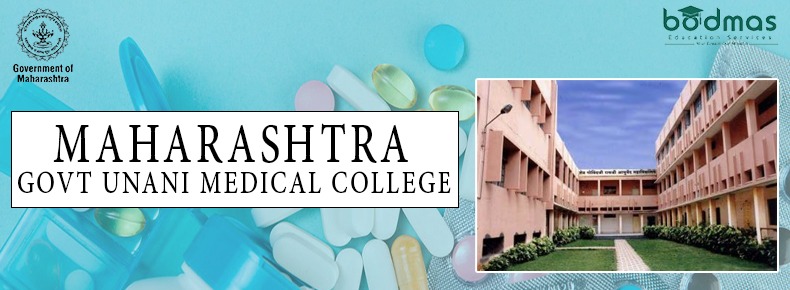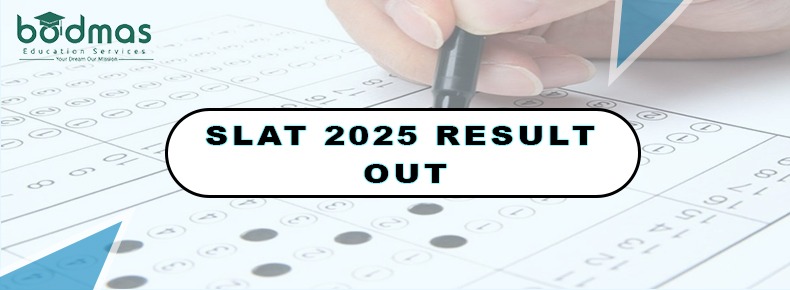Top 10 Private Engineering Colleges in Hyderabad: Fees, Admission, Courses, Placements
Top 10 Private Engineering Colleges in Hyderabad: Fees, Admission, Courses, Placements
Hyderabad, a city known for its rich history and technological advancements, has become a hub for education, particularly in the field of engineering. The city boasts a number of prestigious private engineering colleges that provide world-class education, exceptional placements, and promising career opportunities.
These institutions not only offer an impressive range of undergraduate and postgraduate courses but also have a track record of securing top placements for their students with lucrative salary packages.
The private engineering colleges in Hyderabad are known for their affordable fee structures, making quality education accessible to a wide range of students.
The most popular entrance exams for admission to these colleges are TS EAMCET (Telangana State Engineering, Agriculture and Medical Common Entrance Test) and JEE Main (Joint Entrance Examination), which are recognized by most private institutions in the city.
In this article, we will explore the top 10 private engineering colleges in Hyderabad, their fee structures, admission process, and placement records.
Hyderabad top 10 private engineering colleges List:
| S.No | College |
| 1 | Vasavi College of Engineering |
| 2 | Keshav Memorial Institute of Technology |
| 3 | Matrusri Engineering College |
| 4 | Mahaveer Institute of Science and Technology |
| 5 | Swami Vivekananda Institute of Technology |
| 6 | Methodist College of Engineering and Technology |
| 7 | Aar Mahaveer Engineering College |
| 8 | G Narayanamma Institute of Technology and Science |
| 9 | Bhojreddy Engineering College for Women |
| 10 | Stanley College of Engineering and Technology for Women |
1. Vasavi College of Engineering, Hyderabad
| Particulars | Details |
| Establish Year | 1981 |
| Type | Private |
| B.tech (CSE) Fee range per year | 1,40,000 |
Established in 1981, Vasavi College of Engineering is one of the most esteemed private engineering colleges in Hyderabad, Telangana. Known for its academic excellence and robust infrastructure, the college offers a wide range of programs in engineering. Vasavi College of Engineering in Hyderabad has an excellent track record when it comes to placements.
- Highest Package: The highest salary package offered to a student at Vasavi College of Engineering is around ₹20-25 Lakhs per annum (depending on the year and the industry trends).
- Placement Rate: The placement rate at Vasavi College is typically around 90-95%, with a majority of students getting placed in top-tier companies in sectors like IT, manufacturing, and engineering services.
2. Keshav Memorial Institute of Technology
| Particulars | Details |
| Establish Year | 2007 |
| Type | Private |
| B.tech (CSE) Fee range per year | 1,03,000 |
Founded in 2007, Keshav Memorial Institute of Technology (KMIT) is a respected private engineering institution located in Hyderabad, Telangana. Known for its academic rigor and emphasis on practical learning, KMIT offers a wide array of B.tech engineering courses.
- Highest Package: The highest salary package offered to KMIT students has been around ₹12-15 Lakhs per annum, depending on the year and industry trends.
- Placement Rate: KMIT maintains a 90-95% placement rate, with numerous students being successfully placed in top tech companies, including giants like Google, Microsoft, and Amazon, as well as leading startups and engineering firms.
3. Matrusri Engineering College
| Particulars | Details |
| Establish Year | 2011 |
| Type | Private |
| B.Tech Fee Range (Per Year) | ₹1,00,000 |
Founded in 2011, Matrusri Engineering College is a notable private engineering institution situated in Hyderabad, Telangana. The college is recognized for its commitment to academic excellence, strong technical curriculum, and emphasis on industry-relevant skills. The college is well-equipped with modern infrastructure and experienced faculty, ensuring a conducive environment for student growth and learning.
- Highest Package: The highest salary package offered to Matrusri Engineering College students has been around ₹8-10 Lakhs per annum, depending on industry trends and the student’s skill set.
- Placement Rate: The college maintains a placement rate of 85-90%, with numerous students securing positions in leading companies such as TCS, Infosys, and Wipro.
4. Mahaveer Institute of Science and Technology
| Particulars | Details |
| Establish Year | 2001 |
| Type | Private |
| B.Tech Fee Range (Per Year) | ₹70,000 |
Established in 2001, Mahaveer Institute of Science and Technology (MIST) is a renowned private engineering college in Hyderabad. Offering affordable fees of ₹70,000 per year, the college is committed to providing quality education and practical exposure in engineering. MIST ensures students are prepared for successful careers with its modern infrastructure and experienced faculty.
- Highest Package: ₹6-8 Lakhs per annum
- Placement Rate: Around 80-85%, with top recruiters like Cognizant and Tech Mahindra.
5. Swami Vivekananda Institute of Technology
| Particulars | Details |
| Establish Year | 2004 |
| Type | Private |
| B.Tech Fee Range (Per Year) | ₹79,350 |
Swami Vivekananda Institute of Technology (SVIT), established in 2004, is a respected private engineering college in Hyderabad. With a fee structure of ₹79,350 per year, SVIT offers a strong academic foundation and prepares students for success in the engineering field.
- Highest Package: ₹6-8 Lakhs per annum
- Placement Rate: Around 85-90%, with companies like Cognizant and Accenture hiring students.
6. Methodist College of Engineering and Technology
| Particulars | Details |
| Establish Year | 2008 |
| Type | Private |
| B.Tech Fee Range (Per Year) | ₹78,000 |
Founded in 2008, Methodist College of Engineering and Technology (MCET) is a well-established private college in Hyderabad. Offering a fee structure of ₹78,000 per year, MCET provides quality education in various engineering disciplines, with a focus on overall student development.
- Highest Package: ₹5-7 Lakhs per annum
- Placement Rate: Around 80-85%, with recruiters like TCS and Wipro.
7. Aar Mahaveer Engineering College
| Particulars | Details |
| Establish Year | 2010 |
| Type | Private |
| B.Tech Fee Range (Per Year) | ₹60,000 |
Aar Mahaveer Engineering College, established in 2010, is a private institution in Hyderabad known for its affordable fees of ₹60,000 per year. The college provides a robust engineering education with a focus on skill development and industry readiness.
- Highest Package: ₹4-6 Lakhs per annum
- Placement Rate: Around 75-80%, with companies like Infosys and HCL hiring graduates.
8. G. Narayanamma Institute of Technology and Science
| Particulars | Details |
| Establish Year | 1997 |
| Type | Private |
| B.Tech Fee Range (Per Year) | ₹1,00,000 |
Established in 1997, G Narayanamma Institute of Technology and Science (GNITS) is a prestigious private engineering college in Hyderabad. With a fee structure of ₹1,00,000 per year, GNITS offers a range of undergraduate and postgraduate courses, providing quality education to students in various engineering fields.
- Highest Package: ₹8-10 Lakhs per annum
- Placement Rate: Around 85-90%, with top recruiters like Cognizant, TCS, and Amazon.
9. Bhojreddy Engineering College for Women
| Particulars | Details |
| Establish Year | 1997 |
| Type | Private |
| B.Tech Fee Range (Per Year) | ₹75,000 |
Founded in 1997, Bhojreddy Engineering College for Women is one of the premier institutions dedicated to empowering women in the field of engineering. With an affordable fee structure of ₹75,000 per year, the college ensures quality education and holistic development, preparing students for competitive careers in the engineering industry.
- Highest Package: ₹4-6 Lakhs per annum
- Placement Rate: Around 80-85%, with companies like Infosys, Accenture, and Wipro hiring students.
10. Stanley College of Engineering and Technology for Women
| Particulars | Details |
| Establish Year | 2008 |
| Type | Private |
| B.Tech Fee Range (Per Year) | ₹85,000 |
Stanley College of Engineering and Technology for Women, established in 2008, focuses on empowering women engineers through a comprehensive curriculum and industry-focused training. The college has a fee structure of ₹85,000 per year and is known for its quality education and strong placement record.
- Highest Package: ₹5-7 Lakhs per annum
- Placement Rate: Around 80-85%, with top recruiters including Capgemini, Tech Mahindra, and TCS.


























